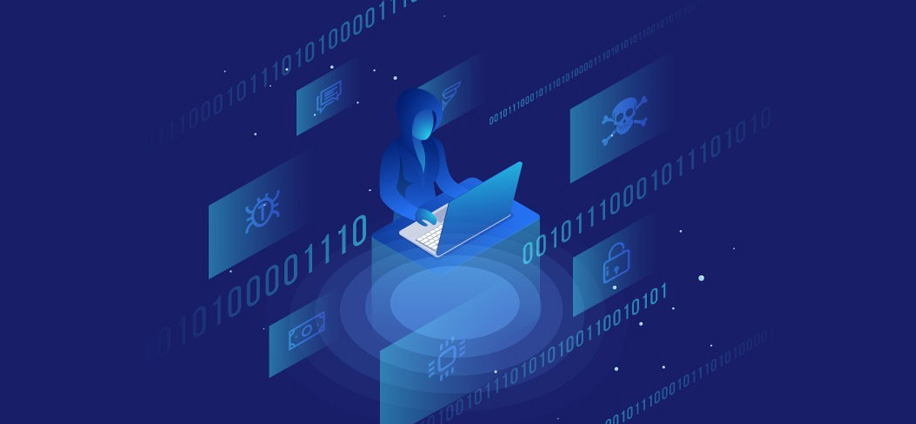
Most people learn cybersecurity to protect data. But what happens when that knowledge is too good to ignore? When the skills meant to guard vaults can also unlock them?
The dark web doesn’t just attract hackers—it hires experts. People with advanced knowledge of encryption, system hardening, network obfuscation, and red-teaming are in high demand.
And for those willing to walk the ethical tightrope, paranoia can be very profitable.
In a world of leaks, surveillance, and data brokerage, everyone wants one thing: to vanish.
The dark web has birthed a new kind of consultant—the anonymity architect. Their job? Help clients disappear, securely communicate, and transact without leaving a trace. The services they offer go far beyond the average VPN.
These experts are often:
They understand systems inside and out—and they know how to erase footprints.
These dark-side professionals rarely sell stolen data or malware. Instead, they sell safety—and the tools to maintain it.
Some offer tailored services for crypto investors, journalists in authoritarian regimes, or whistleblowers looking to leak safely.
One well-known provider, using the alias "CrustByte," offers a full-stack privacy service:
CrustByte doesn’t sell drugs or stolen identities. They sell the peace of mind that others won’t trace yours.
Payments are usually made in Monero, the king of privacy coins. Some offer sliding scale fees based on complexity:
Many accept ongoing retainers from vendors and cartel associates who need “on-call” security expertise. It’s the underground version of cybersecurity freelancing.
Another revenue stream? Digital downloads. These include:
The best content is frequently sold in bundles, advertised through forums, invite-only Telegram groups, or links buried in hidden wiki mirrors.
The top sellers even watermark their PDFs with PGP fingerprints to avoid re-uploading by copycats.
Here’s the twist—not everyone buying these services is a criminal. Some are:
In many cases, these cybersecurity mercenaries walk a fine legal line—doing nothing directly illegal, but knowingly arming those who might.
Despite the payout, these ventures come with pressure:
To survive, most adopt extreme digital hygiene, rotate identities, and disappear for months at a time after big projects.
As surveillance grows, so does the market for counter-surveillance. And while mainstream cybersecurity fights malware, ransomware, and breaches, the dark web’s experts focus on invisibility.
They sell a future where you leave no digital trail.
Where your money moves without blinking.
Where your secrets stay yours—forever.
And in a world where everyone’s being watched, that’s a service worth paying for..